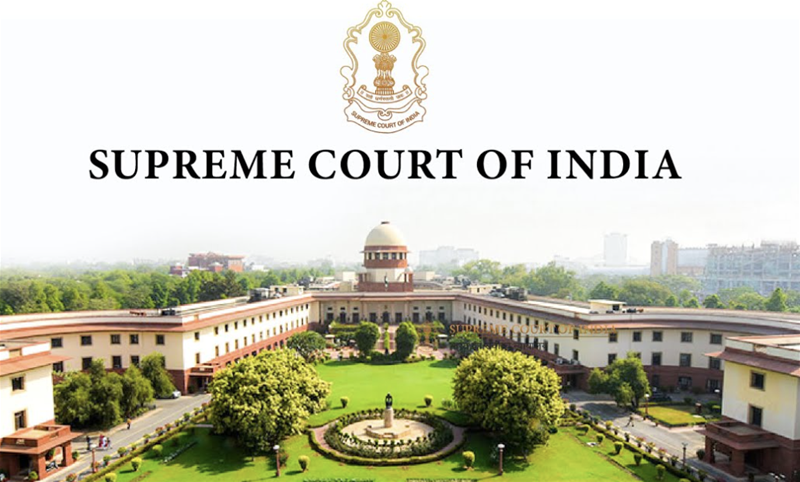The Supreme Court of India, the country's apex court, is testing the use of artificial intelligence (AI) and natural language processing (NLP) technology for live transcription of court proceedings.
The court is using Bengaluru-based company Nomology Technology's NLP platform, Teres, to transcribe the judicial arguments.
The technology debuted in the courtroom of Chief Justice of India (CJI) DY Chandrachud during an ongoing trial. “This will be on an experimental basis for a day or two, to iron out creases in transcription before becoming a norm,” the CJI said.
He added that the court can now have a “huge resource” of permanent records to not only help lawyers and judges but also law colleges to analyse arguments.
The transcribed text by the AI is expected to be published every evening on the supreme court’s website.
To explore the use of AI in the judicial domain, the Supreme Court of India constituted an Artificial Intelligence Committee to identify the application of AI technology in the translation of judicial documents, legal research assistance and process automation.
The latest announcement comes along with other digital transformation moves including live-streaming, digitisation of court records, online right-to-information (RTI) portal, digital courts desktop application and so on.
In January, the CJI launched the electronic Supreme Court Reports (e-SCR) project to provide the digital version of court orders, which now has more than 34,000 judgments available to legal professionals.
India also has an AI-assisted Legal Translation Advisory Committee to assess, monitor and translate court’s judgments into regional languages.









